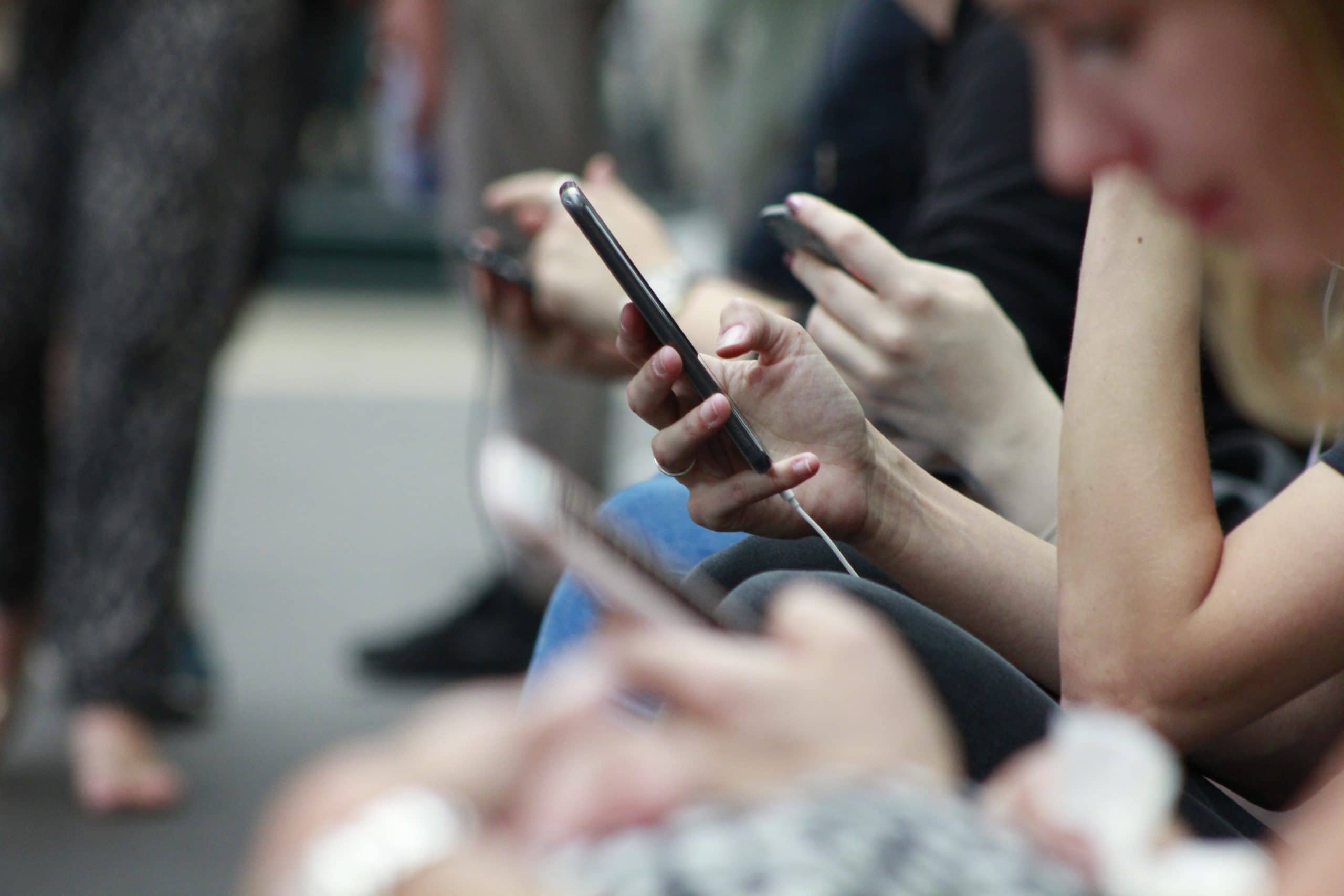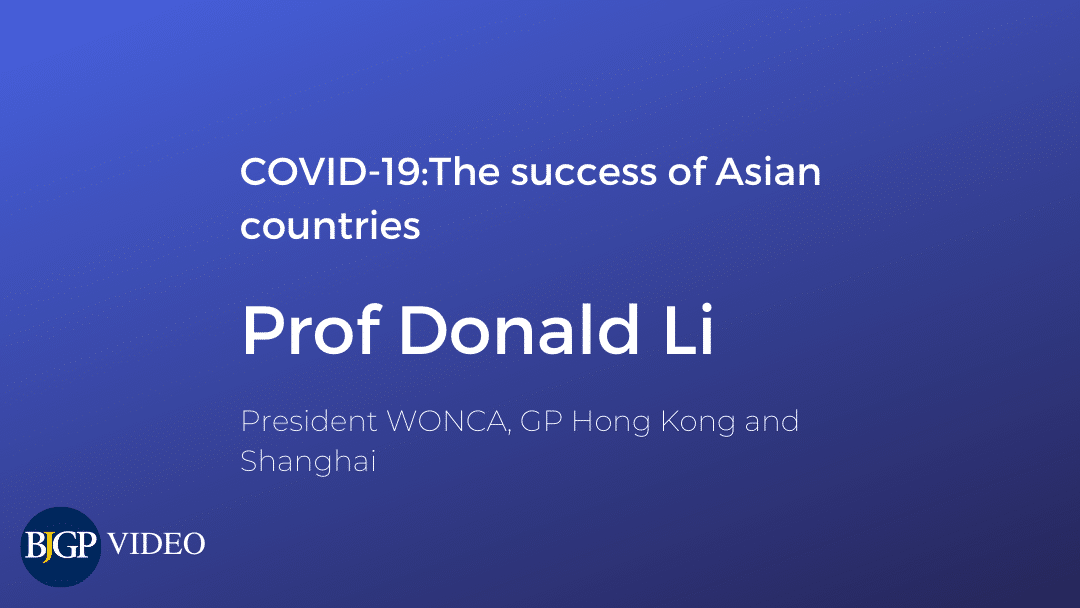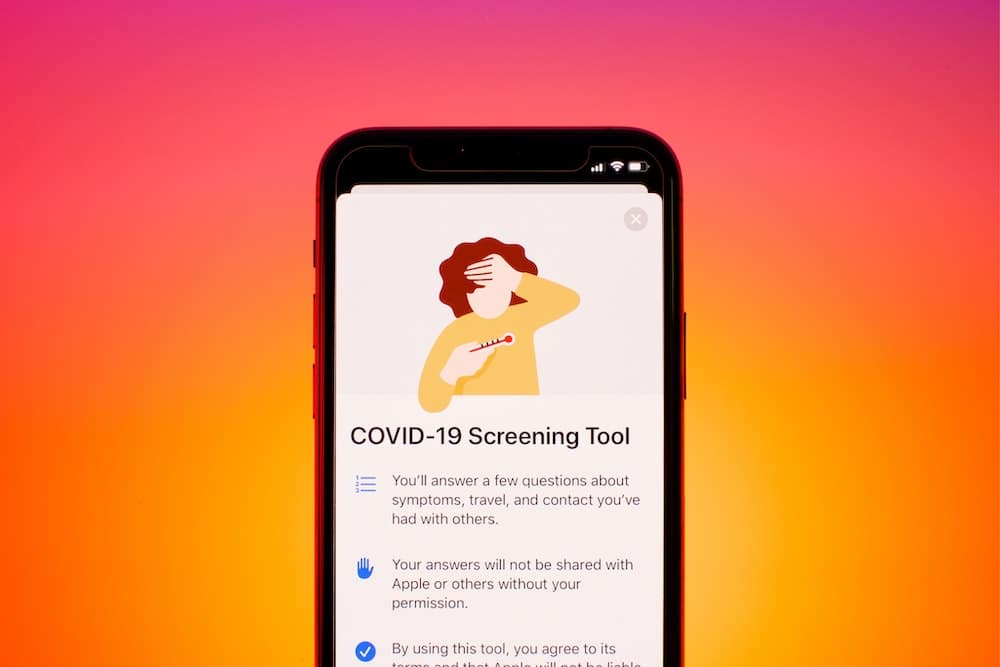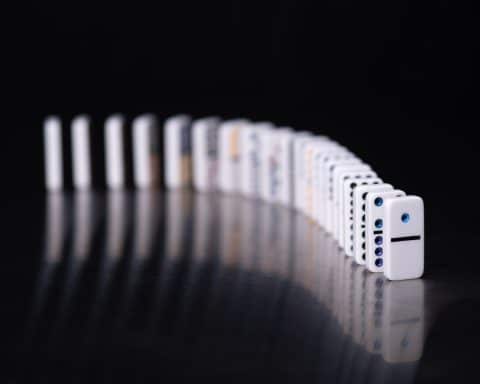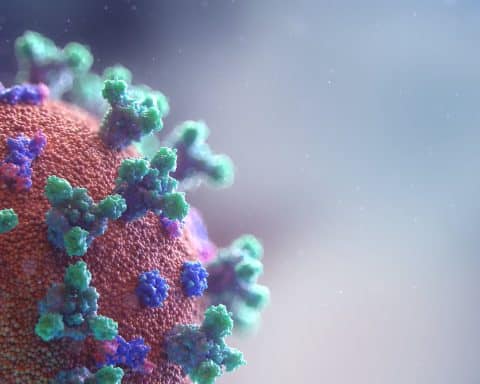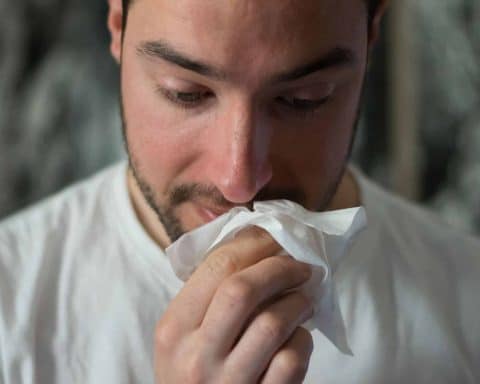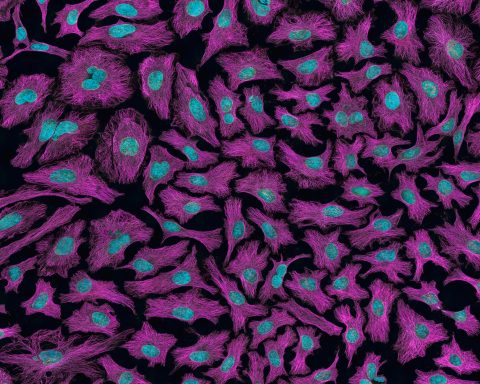Samuel Trethewey is a clinical research physician working in general practice in Cornwall. His interests include clinical research and combatting medical misinformation online. Ella Reynolds is a children’s nurse and postgraduate qualitative researcher with a background in paediatric intensive care and end-of-life care. Her interests include trauma-informed practice and supporting healthcare professionals’ wellbeing. Christopher Trethewey is a translational research scientist working on the early detection of aggressive cancers and execution of clinical trials across Leicestershire. His main interest is the utilisation of big data to improve health care.
Over the past few months, we have seen an extraordinary increase in the volume of published literature regarding science communication and COVID-19. Navigating the daily deluge of new information relating to COVID-19 is a significant challenge for both patients and professionals.
Complicating the matter further are concerns regarding data duplication and ‘salami publication’, as well as ‘bad’ science slipping through the peer-review process as a result of the pressure to publish at speed.1,2 Furthermore, we have seen an increase in the prevalence of false or misleading information online relating to COVID-19, including bizarre conspiracy theories regarding the origins of the virus.3 This ‘parallel pandemic’ of viral misinformation has the potential for real harm and demands urgent attention from key stakeholders, including doctors.4
Viral misinformation has the potential for real harm and demands urgent attention from key stakeholders, including doctors.
Doctors and other healthcare professionals (HCPs) should act as advocates in the fight against medical misinformation.5 In the 2019 Ipsos MORI Trust in Professions survey, which evaluated 1020 British adults aged ≥15 years, doctors and nurses remained the two most trusted professions in the UK.6 Overall, 93% and 95% of responders stated that they would trust ‘Doctors’ and ‘Nurses’ to tell the truth, respectively, compared to only 26% for ‘Journalists’ and 14% for ‘Politicians generally’.
Doctors and other HCPs can disseminate evidence-based information and directly combat COVID-19 misinformation online by refuting false or misleading claims.7 Crucially, HCPs can help to provide important contextual information to accompany the often over-simplified summaries of clinical research seen circulating in the news and social media. HCPs with research expertise can highlight key caveats and limitations of specific studies; for example, the limitations of drawing conclusions regarding causality from non-randomised, observational research studies.8
HCPs can also signpost patients to reliable online sources of information while encouraging scepticism of non-expert and unverified sources. Conversely, it is important for HCPs to acknowledge uncertainty where it exists and to be comfortable saying ‘I don’t know’.
As our understanding of this disease changes according to the incremental acquisition of ‘better’ data, we will gradually eliminate this uncertainty; it is essential that we communicate this to our patients. It is equally important that we communicate scientific consensus, where it exists, to avoid leaving an ‘uncertainty vacuum’ in which non-experts may more easily fill the knowledge void with pseudoscientific theories and misinformation.3
… a recent study, which evaluated 69 of the most viewed English language YouTube videos on COVID-19, found that over a quarter contained misleading information.
Social media platforms can be used to engage and educate the public regarding COVID-19 as new evidence emerges. Websites like Twitter and YouTube have the potential to be rich sources of medical information; however, a recent study, which evaluated 69 of the most viewed English language YouTube videos on COVID-19, found that over a quarter contained misleading information.9
Concerningly, the videos containing inaccurate information appeared to have a wide reach, achieving 62,042,609 views. It is therefore reassuring to learn that medical professionals are increasingly using YouTube to disseminate evidence-based advice and guidance regarding COVID-19.10
Doctors and other HCPs can use their expertise and communication skills to cut through the cacophony of COVID-19 related noise online. By disseminating evidence-based information, signposting to credible sources, and challenging misinformation an individual HCP can act as a ‘nerd of trust’ within their own social network, which may ultimately improve the online medical information ecosystem.11
References
1. Bauchner H, Golub RM, Zylke J. Editorial concern-possible reporting of the same patients with COVID-19 in different reports. JAMA 2020; DOI: 10.1001/jama.2020.3980.
2. Armstrong S. Research on covid-19 is suffering “imperfect incentives at every stage”. BMJ 2020; 369: m2045.
3. Ball P, Maxmen A. The epic battle against coronavirus misinformation and conspiracy theories. Nature 2020; 581(7809): 371–374.
4. Love JS, Blumenberg A, Horowitz Z. The parallel pandemic: medical misinformation and COVID-19: primum non nocere. J Gen Intern Med 2020; DOI: 10.1007/s11606-020-05897-w.
5. Trethewey SP. Strategies to combat medical misinformation on social media. Postgrad Med J 2020; 96(1131): 4–6.
6. Ipsos MORI. Ipsos MORI Veracity Index 2019: trust in professions survey. 2019. https://www.ipsos.com/sites/default/files/ct/news/documents/2019-11/trust-in-professions-veracity-index-2019-slides.pdf (accessed 10 Jul 2020).
7. Bode L, Vraga EK. See something, say something: correction of global health misinformation on social media. Health Commun 2018; 33(9): 1131–1140.
8. Wang MTM, Bolland MJ, Grey A. Reporting of limitations of observational research. JAMA Intern Med 2015; 175(9): 1571–1572.
9. Li HO, Bailey A, Huynh D, Chan J. YouTube as a source of information on COVID-19: a pandemic of misinformation? BMJ Glob Health 2020; 5(5): e002604.
10. Stokel-Walker C. Covid-19: the doctors turned YouTubers. BMJ 2020; 369: m1563.
11. McClain CR. Practices and promises of Facebook for science outreach: becoming a “Nerd of Trust”. PLoS Biol 2017; 15(6): e2002020.
Featured photo by Robin Worrall on Unsplash

